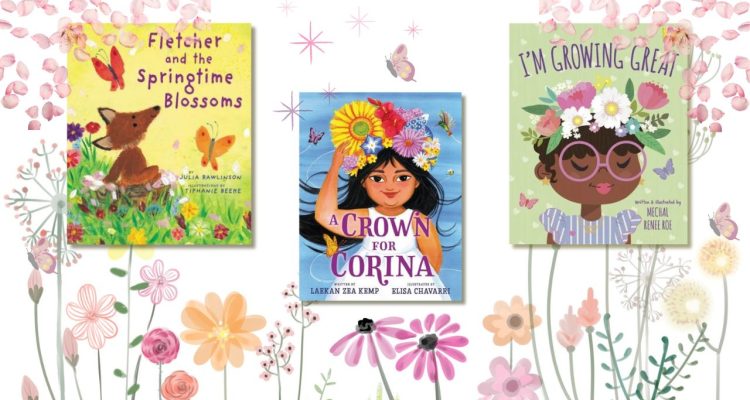William Wordsworth was one of the most important poets of the Romantic Era. He, alongside Samual Taylor Coleridge, founded the Romantic movement in English literature and poetry at the turn of the 19th century. Believing that poetry should be enjoyed by the masses, his work is characterized by its ordinary language, descriptive pastorals, and focus on emotion. His poetry focused on the chapters and events of his life as he believed that the writer’s experiences added value to the work. Given the enchanting words he penned for our continued enlightenment and enjoyment, I’d have to agree.
Considered one of the greatest poets in English literature, his body of work is studied by students around the world. We’re bringing you some of our favorite Wordsworth quotes from his collection.
I Wandered Lonely As a Cloud (Daffodils)
Arguably his most famous poem, for its simplicity and its beautiful verse, Daffodils is a lyrical pastoral poem about the joy of experiencing nature. What begins as a memory of a sad solitary walk through hills and valleys becomes a wondrous enjoyment of a field of daffodils. He recalls this experience, seeking comfort throughout times of loneliness, boredom, and restlessness.

Lines Composed a Few Miles above Tintern Abbey
Released in 1798 in Wordsworth and Coleridge’s pinnacle publication Lyrical Ballads, “Tinturn Abbey” is about the restorative power of nature on the human soul. In an era where the Industrial Revolution was powering to ever greater heights, cities were exploding, and agriculture was pushed further from the common person, the reminder of the wonder of nature is powerful. Considering the density of today’s cities and the emphasis on technology, perhaps we could take this as a lesson to stop, go outside, and enjoy nature’s beauty.

Ode: Intimations of Immortality from Recollections of Early Childhood
How often do we, as adults, lament the loss of our childhood, of its quick passing, and the stresses of adulthood? How quickly we make our way from the innocence of toddling around, unaware of the pressures of adults around us, to overlooking the beauty of nature and relaxation in favor of business and progression. Wordsworth’s Ode is a beautiful and moving poem that explores the themes of loss, hope, and the search for meaning in life directly related to the dichotomy between child and adult.

Where to Read and Collect Wordsworth’s Work
Delphi Complete Works of William Wordsworth from the Delphi Poets series is a digital collection of William’s complete portfolio. This also includes illustrations and photos relating to the poet.
You can read all of Wordsworth’s poetry on poetryfoundation.org by clicking here.
Read more poetry articles here.















